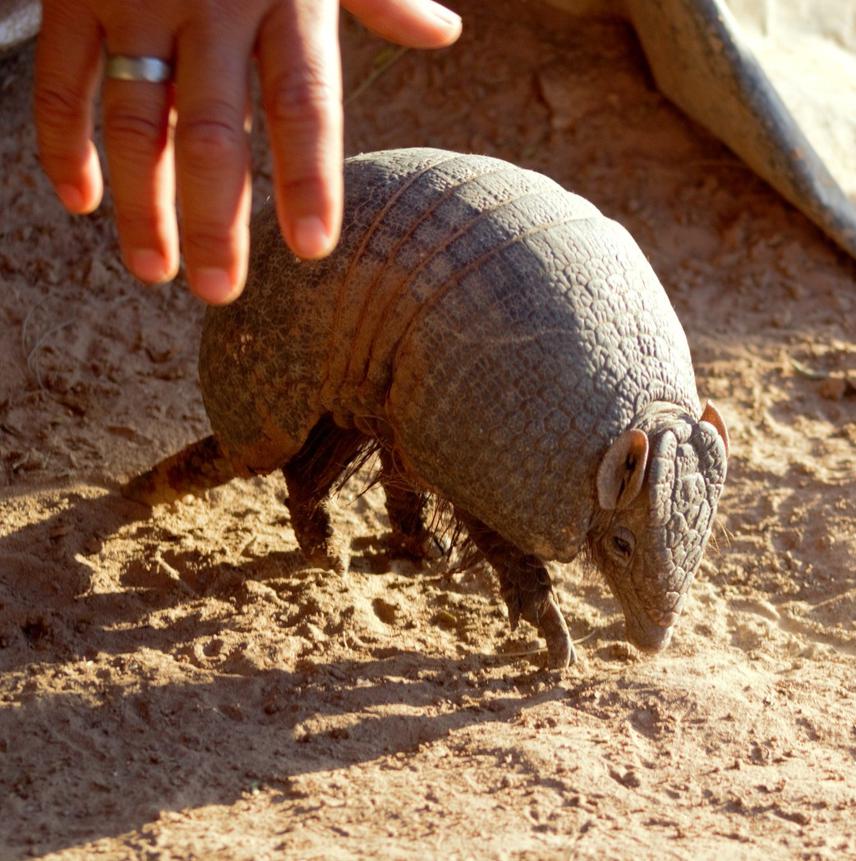Article featuring the project.
Matias Wajner
Local peoples living areas are called to be spaces where biological and cultural diversity coexist, and there are deep intentions to conserve the present biodiversity since it is known that ecological services are indispensable for subsistence and production. Evaluating the relationship between local people and wildlife can be very useful for characterizing the local hunting fauna and assessing its status. The need for an in-depth study is necessary in order to determine the points of conflict. The present proposal will seek to determine the richness of the hunting animals and make a comprehensive assessment of the state of human-wildlife relations in the arid Chaco region of Argentina. The study will be carried out in sites located in the Sobremonte department, in the north of the Province of Córdoba, where "parajes" (i.e., hamlets) will be selected as representatives of local life sites. The site is in the buffer zone of the protected area Salinas de Ambargasta in which species of conservation importance are found.

Southern Three-banded Armadillo in local people's homes. © Fernando Zamudio.
The aim is to evaluate the potential threats to the local wildlife, and to analyze specific conservation actions together with the local community. Some of the expected results are: a) characterization of the universe of terrestrial vertebrate animals larger than 0.5 kg (potential objects of hunting); b) analysis between terrestrial vertebrates larger than 0.5 kg found in the field and those expected according to bibliography c) evaluation of the cultural importance of hunting animals; d) ranking of the most hunted species, their seasonality and purposes of use; e) carry out a participatory workshop with the local community to reach a consensus on fauna management actions to improve the living conditions of local residents and wildlife; f) prepare educational material in graphic format that will be useful for schools in the area, reflecting the importance of wildlife and its conservation.
This work will provide valuable information that contributes to the knowledge of the wild fauna of the salt pan environments of the arid chaco of Córdoba, which can serve as a platform for future conservation projects.
Header: Pampas Fox recorded by camera trap © Matias Wajner.